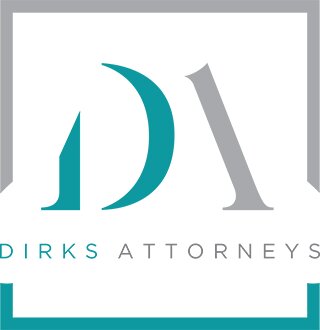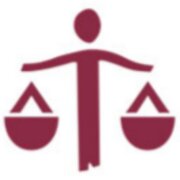Best ADR Mediation & Arbitration Lawyers in Cape Town
Share your needs with us, get contacted by law firms.
Free. Takes 2 min.
List of the best lawyers in Cape Town, South Africa
South Africa ADR Mediation & Arbitration Legal Articles
Browse our 1 legal article about ADR Mediation & Arbitration in South Africa written by expert lawyers.
- Resolving Cross-Border Commercial Disputes in South Africa
- Mandatory Consideration: Uniform Rule 41A requires all litigants in the South African High Court to consider mediation before proceeding to trial, making it a standard step in cross-border disputes. Enforceability: Settlements reached through mediation can be made an order of the court, giving them the same legal weight and enforcement... Read more →
About ADR Mediation & Arbitration Law in Cape Town, South Africa
Alternative Dispute Resolution (ADR), specifically Mediation and Arbitration, is a key aspect of the legal framework in Cape Town, South Africa. As alternatives to traditional litigation, Mediation and Arbitration help resolve disputes in a manner that's often quicker, confidential, and more cost-effective. Mediation involves a neutral mediator who facilitates the resolution process but doesn't impose a solution. In contrast, arbitration resembles a court trial where the arbitrator makes a binding decision after analyzing the facts and evidence.
Why You May Need a Lawyer
Engaging a lawyer who specializes in ADR Mediation & Arbitration is vital in numerous situations. This includes when you are drafting contracts with ADR clauses, involved in a commercial dispute with no resolution in sight, seeking to reduce the costs of conflict through non-litigious methods, or need help with negotiations and agreement terms. In these instances, having a lawyer ensures that your rights and interests are protected, and you're guided expertly through the procedural and legal complexities.
Local Laws Overview
ADR in South Africa is governed mainly by the Arbitration Act 42 of 1965, and more recently, the International Arbitration Act 15 of 2017. The latter applies to international commercial arbitration and is based on the UNCITRAL Model Law. A pertinent aspect of the South African legal landscape is the Constitutional provision for access to justice, making mediation services by bodies like the CCMA (Commission for Conciliation, Mediation, and Arbitration) crucial. Other laws involve diverse spheres such as family disputes, labor disputes, and commercial disputes.
Frequently Asked Questions
1. What is the main difference between Arbitration and Mediation?
While both aim at dispute resolution outside courts, in arbitration the neutral third-party (arbitrator) makes a binding decision, whereas in mediation, the mediator facilitates the resolution process without imposing an outcome.
2. Are Mediation and Arbitration confidential?
Yes, both mediation and arbitration proceedings are confidential, a major reason why many parties prefer these methods over litigation.
3. How long does the ADR process take?
While it varies on a case-by-case basis, ADR methods are often quicker than traditional litigation, which may take several months or even years.
4. Will an arbitrator's decision be enforceable by law?
Yes, the decision given by an arbitrator is legally binding and enforceable, much like a court judgment.
5. What types of disputes can be resolved through ADR?
Almost any civil dispute can be resolved through ADR, including but not limited to, disputes in contract, tort, real property, employment, and family matters.
Additional Resources
Potential resources include the South African Legal Information Institute, Department of Justice and Constitutional Development, and various ADR institutions such as the Arbitration Foundation of Southern Africa (AFSA) and the Africa ADR.
Next Steps
If you need legal assistance in ADR mediation and arbitration, it's recommended to consult a lawyer specializing in the field. They can guide you through the entire process, ensure your interests are represented properly, and enable you to achieve the best possible outcome. Remember to gather all relevant documents, details of involved parties, and a brief history of the dispute to facilitate the process.
Lawzana helps you find the best lawyers and law firms in Cape Town through a curated and pre-screened list of qualified legal professionals. Our platform offers rankings and detailed profiles of attorneys and law firms, allowing you to compare based on practice areas, including ADR Mediation & Arbitration , experience, and client feedback.
Each profile includes a description of the firm's areas of practice, client reviews, team members and partners, year of establishment, spoken languages, office locations, contact information, social media presence, and any published articles or resources. Most firms on our platform speak English and are experienced in both local and international legal matters.
Get a quote from top-rated law firms in Cape Town, South Africa — quickly, securely, and without unnecessary hassle.
Disclaimer:
The information provided on this page is for general informational purposes only and does not constitute legal advice. While we strive to ensure the accuracy and relevance of the content, legal information may change over time, and interpretations of the law can vary. You should always consult with a qualified legal professional for advice specific to your situation.
We disclaim all liability for actions taken or not taken based on the content of this page. If you believe any information is incorrect or outdated, please contact us, and we will review and update it where appropriate.














